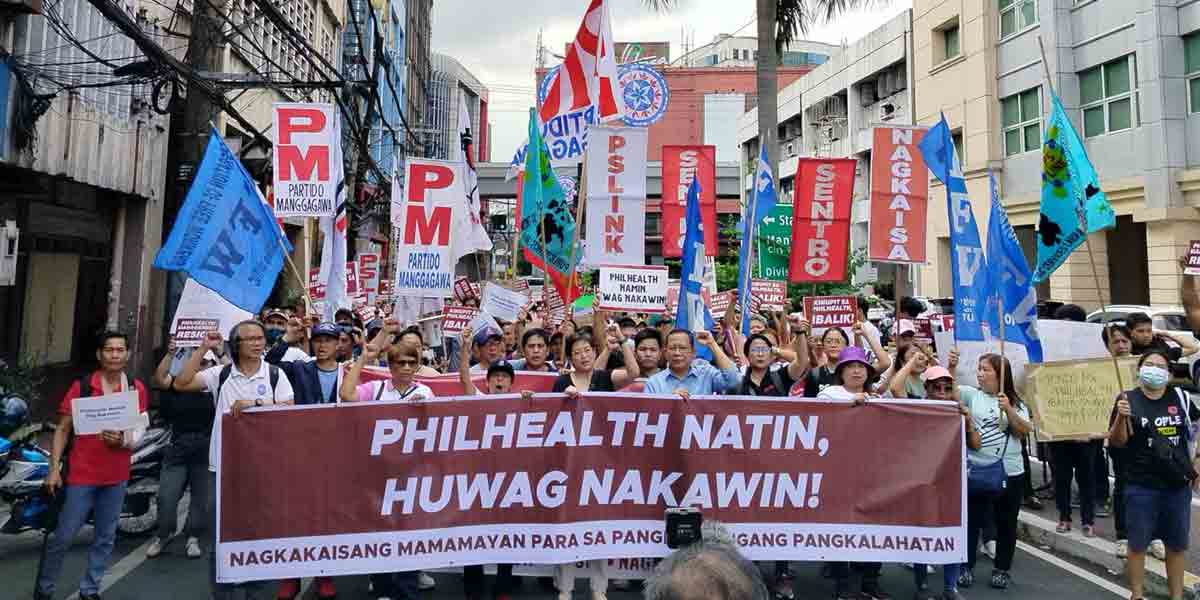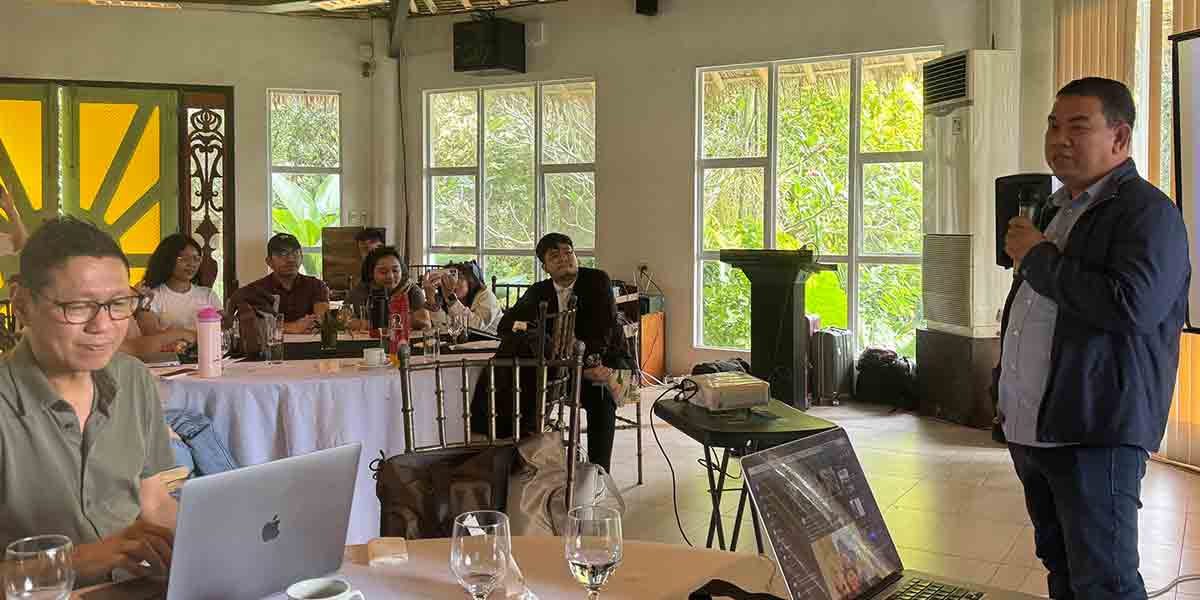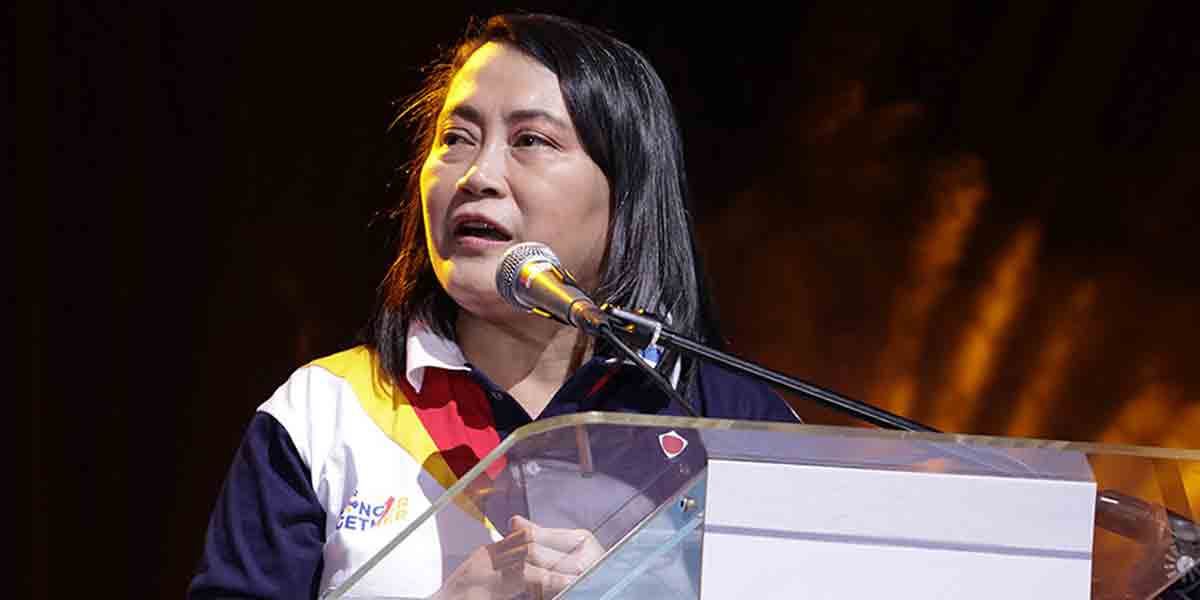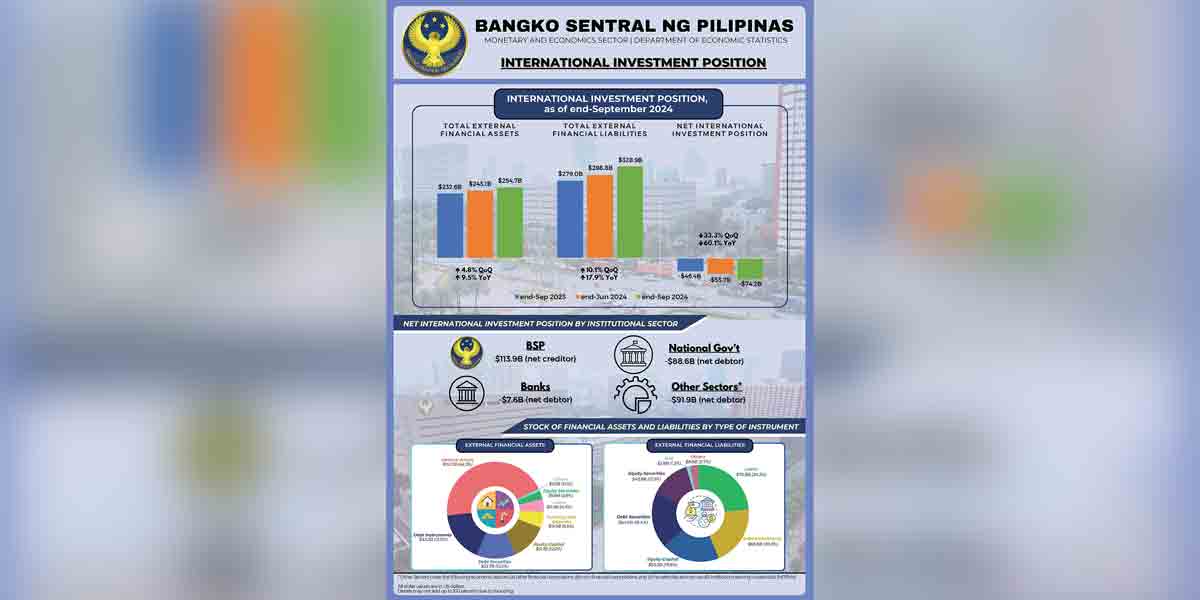In the ever-fluid world of politics, alliances shift like tectonic plates, subtly but irreversibly reshaping the landscape.
The recent political pairing of Iloilo Governor Arthur Defensor Jr. with Anilao Mayor Nathalie Ann Debuque for the 2025 elections signals such a shift.
At first glance, Debuque might appear to be a surprising choice for vice governor. She is young, relatively new to the provincial scene, and has yet to make a substantial mark outside the fourth district of Iloilo. However, beneath the surface, the decision is as strategic as it is pragmatic.
Debuque’s political credentials are more solid than they seem. Having served as mayor of Anilao since 2016, she is not a stranger to governance. The seat was handed down by her mother, Ma. Theresa Debuque, further cementing the family’s local political legacy.
While provincial politics is a larger arena, her experience, combined with the political machinery of the Biron family, is formidable. It is a known fact that the Birons control the fourth district with an iron grip, and Debuque’s rise comes with their blessing.
For Defensor, this is a calculated gamble. On one hand, the decision to choose a younger, less established partner over more seasoned politicians like the Tupases or Garins might appear risky. However, it also signifies a reconfiguration of power in Iloilo, particularly with the once-rival Biron clan now emerging as de facto allies.
This alliance strengthens both camps: the Birons get to secure their political foothold in the fourth district without interference from Capitol, while Defensor gains access to a youthful yet capable partner, one whose political pedigree cannot be ignored.
This arrangement reveals the deeper currents of Iloilo’s political strategy. It’s more than just election arithmetic—it’s about transforming the improbable into the inevitable. By aligning with the Birons, Defensor has ensured that his base in the Capitol will remain strong, while simultaneously fortifying his reach into the fourth district, where Biron’s influence remains unchallenged.
For Debuque, this is the moment to prove her mettle. She has already made her stand clear—”I will not let my province down”—and that she intends to carry the weight of this new responsibility with the same vigor that marked her tenure in Anilao. But as she steps into provincial politics, she will need to evolve from being the mayor of a small town to becoming a provincial leader, able to navigate the intricacies of the political arena with more seasoned opponents waiting on the sidelines.
In choosing Debuque, Defensor is banking on youth and adaptability over traditional political clout. This shift is emblematic of the new political dynamics in Iloilo, one that prioritizes fresh perspectives and alliances over entrenched loyalties. It’s a high-stakes move, but if executed well, it could pay off not only for Defensor and Debuque but also for Iloilo’s political future.
However, there are cautionary tales from past elections. The pairing of new and experienced political figures does not always translate to victory. It will take more than a strategic alliance with the Birons to win the people’s mandate. Debuque will have to step up, not just as a vice governor candidate but as a leader who can bridge her local expertise with the broader needs of Iloilo province.
Ultimately, this partnership of Defensor and Debuque is a political gamble that might very well redefine the balance of power in Iloilo for the years to come. The coming months will determine whether this calculated risk will prove to be a winning formula or if it will fall short under the weight of expectations. For now, the stage is set, and both Defensor and Debuque are ready to play their parts in the unfolding drama of Iloilo’s 2025 elections.


















